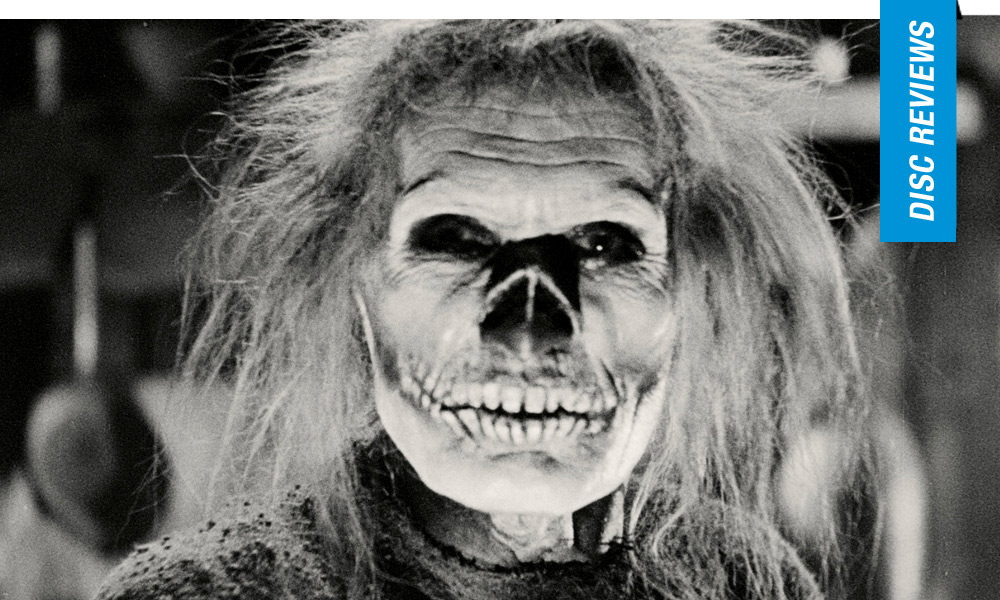The project was meant to be a continuing series of films which exemplified German language historical notables who supposedly exemplified the persona of Adolf Hitler. However, Pabst’s interpretation of an artist condemned for his wisdom and contributions to the advancement of science instead conveys the opposite response with a man standing against the rigid, fascist polemics dictating the law of the land. Like many of the films produced at UFA, the title has long languished in obscurity, receiving a quiet U.S. premiere in 1974 to little fanfare.
In hindsight, it seems incomprehensible that Goebbels and company couldn’t see through Pabst’s machinations of showcasing Paracelsus as a man standing against the violence and corruption of the hierarchy, combating their selfish actions, which insisted upon the retaining of power and control at the physical expense of others. While Paracelsus’ contributions to medicine were literally in the efforts to stave off a plague, it’s not hard to see the obvious metaphors of what was going on in Pabst’s contemporary Germany.
As Paracelsus, Werner Krauss steals the show as the titular scientist speaking truth to power in a performance which deserves similar acclaim to his signature role in 1920’s The Cabinet of Dr. Caligari. Pabst injects some moments of surreal artistry, such as moment of Death personified (supposedly meant to resemble Goebbels), but otherwise it’s a title which plays like a standard melodrama, a recuperation which recalls what Margarethe von Trotta would do for Hildegard von Bingham in 2009’s Vision.
Film Rating: ★★★/☆☆☆☆☆
Disc Rating: ★★★½/☆☆☆☆☆

